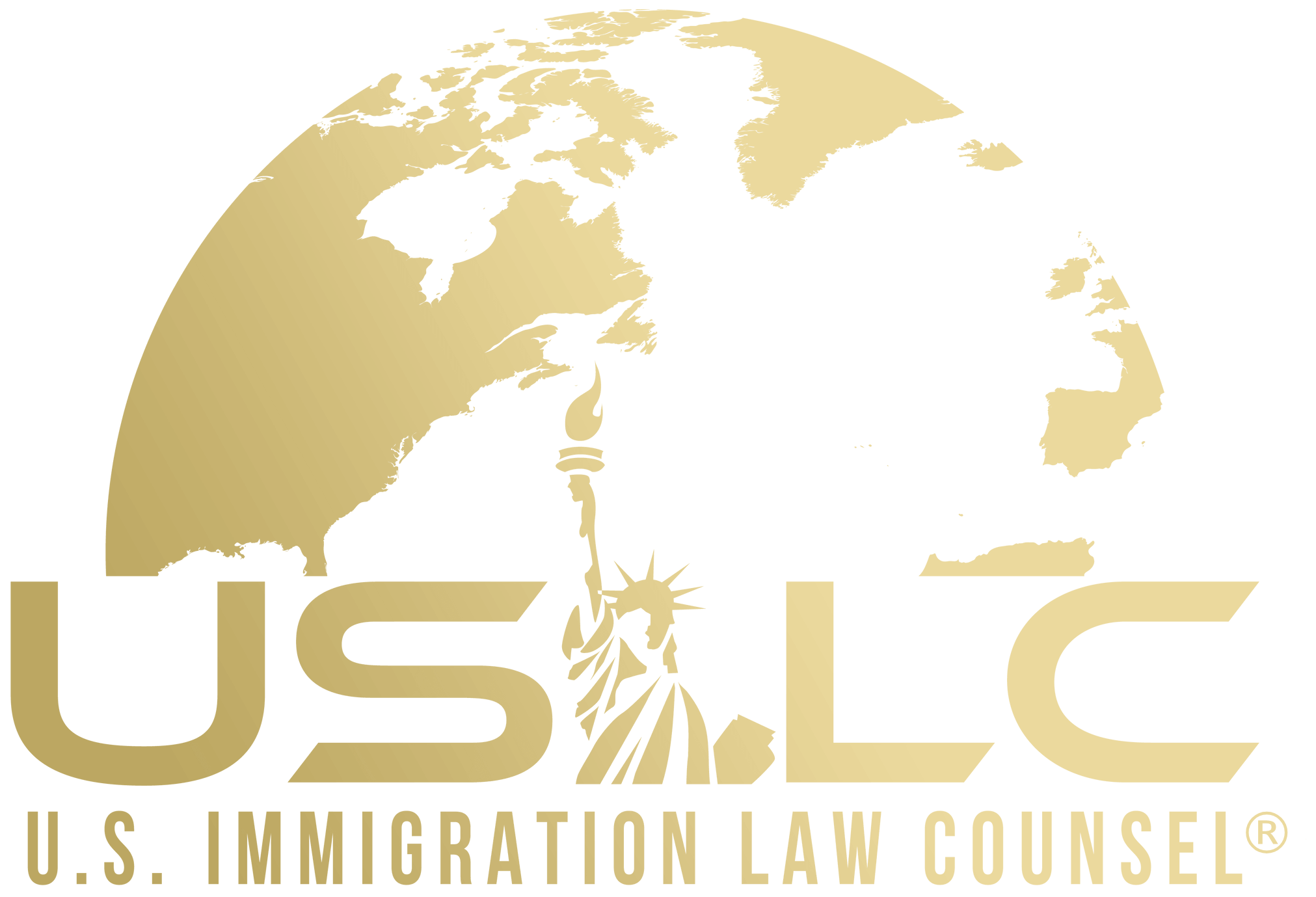The U.S. Citizenship and Immigration Services (USCIS) makes up to 140,000 immigrant visas—or green cards—available every year for noncitizens (and their spouses and children) who want to immigrate based on their job skills. If you have the right combination of skills, education, and/or work experience and are otherwise eligible, you can live permanently in the United States.
You can explore becoming a permanent resident through an employer if you fall under certain categories. If your employer completes a labor certification, they may be able to sponsor you by filing out Form I-140. There are also options for a green card through investment.
The employment-based green card process is a multi-step process that lets you live and work permanently in the U.S. as a foreign national. Although the green card process can be complicated and lengthy, it’s essential to becoming a permanent resident in the U.S. Hiring an experienced immigration attorney can help you in the process.
First Preference EB-1 Green Card
The EB-1 green card is an employment-based first preference immigration category for individuals of extraordinary ability, outstanding professors and researchers, or multinational managers and executives. To qualify, you must meet certain criteria specific to your respective subcategory.
- If you have extraordinary ability, you must demonstrate sustained national or international acclaim in fields such as science, arts, education, business, or athletics, primarily through major awards or significant evidence of their achievements.
- If you’re an outstanding professor or researcher, you must have international recognition in your academic field, with at least three years of teaching or research experience.
- If you’re a multinational manager or executive, you must have been employed in a managerial or executive capacity outside the U.S. for at least one year in the preceding three years by a firm or corporation related to the U.S. employer.
Second Preference EB-2 Green Card
The EB-2 green card is an employment-based second preference immigration category for professionals holding advanced degrees or individuals with exceptional ability in the arts, sciences, or business. You must fit into one of these qualifications and generally need a specific job offer and labor certification, though some exceptions apply.
- If you’re a professional with an advanced degree, you must possess a U.S. master’s degree or higher (or a foreign equivalent) or a U.S. bachelor’s degree (or foreign equivalent) followed by at least five years of progressive experience in their profession.
- If you have exceptional ability, you must show a degree of expertise significantly above that ordinarily encountered in their field. In some cases, if your work benefits the U.S. significantly, you can seek a National Interest Waiver (NIW) in order to bypass the labor certification and job offer requirements.
Third Preference EB-3 Green Card
The EB-3 green card is an employment-based third-preference immigration category designed for skilled workers, professionals, and other workers. You must fall into one of these subcategories and typically require a specific job offer and an approved labor certification unless certain exceptions apply.
- If you’re a skilled worker, you must have a minimum of two years of training or work experience in their field.
- If you’re a professional, you should possess a U.S. bachelor’s degree (or foreign equivalent) relevant to your profession, with the job in question not accepting experience in place of the educational requirement.
- “Other workers” refers to individuals who perform unskilled labor that requires less than two years of training or experience.
For all of these categories, the prospective U.S. employer must demonstrate that there are no qualified U.S. workers available for the position.
Steps Towards Obtaining Your Employment-Based Green Card
Here are some of the steps of the employment-based green card process in detail.
- Job Offer: You secure a full-time, permanent job offer from a U.S. employer.
- Prevailing Wage Determination (PWD): Your employer files a request with the Department of Labor (DOL) to determine the standard wage for the job.
- Labor Certification (PERM): Your employer makes efforts to recruit U.S. workers who may be available for the role. If none are found, your employer files a PERM Labor Certification with the DOL.
- Form I-140, Immigrant Petition for Alien Worker: After PERM approval, your employer submits Form I-140 to USCIS to demonstrate their ability to pay the offered wage and request visa classification.
- Priority Date Wait: You monitor the U.S. Department of State’s Visa Bulletin. Your priority date (typically the PERM filing date) must become current before you move forward.
If you’re filing for an Adjustment of Status (AOS) OR if you’re seeking consular processing:
- If you’re within the U.S., you File Form I-485, Application to Register Permanent Residence or Adjust Status, once your priority date is current.
- If you’re outside the U.S., you’ll wait for notification from the National Visa Center (NVC) to start consular processing and then attend a visa interview at a U.S. embassy/consulate.
- Medical Examination: You must attend a medical examination with a USCIS-approved physician.
- Biometrics Appointment: If you’re applying through AOS, you must attend an appointment to have your fingerprints and photos taken.
- Interview: If the USCIS requires an interview with you, you must attend the scheduled interview at the local USCIS office or U.S. embassy/consulate.
- Decision: You’ll receive the USCIS decision on your green card by mail. If you’re approved, you’ll receive an approval notice and, shortly thereafter, your green card.
- Pay USCIS Immigrant Fee: Before you receive your green card, you must pay the USCIS immigrant fee online.
- Green Card Receipt: After you are approved, and you pay your fee, you’ll receive your physical green card in the mail.
How an Immigration Attorney Can Help
It’s advisable for you to hire an immigration attorney during your green card process because U.S. immigration laws can be complex and multifaceted nature of U.S. immigration laws. Your attorney can help you navigate the system and ensure that all your documents are accurately prepared and submitted—which can help minimize the risk of delays or denials. Your attorney can also give you strategic advice that’s specific to your case and represent you in interactions with USCIS or DOL.
Contact an Immigration Attorney
Do you have questions about how to obtain your employment-based green card? Then contact US Immigration Law Counsel® through our website or by calling 1-800-666-4996. We deal with the government so you don’t have to. We look forward to helping you at this time.





